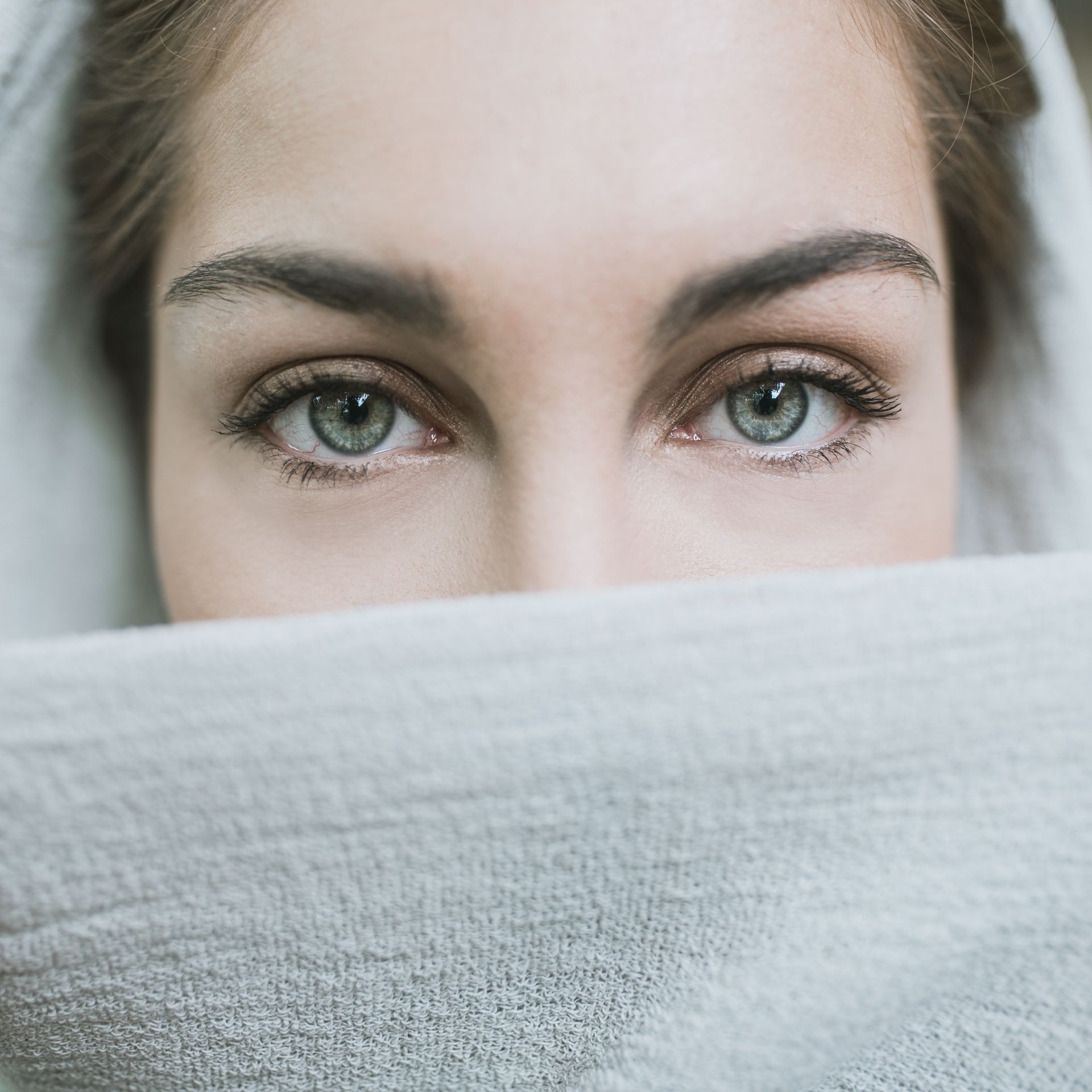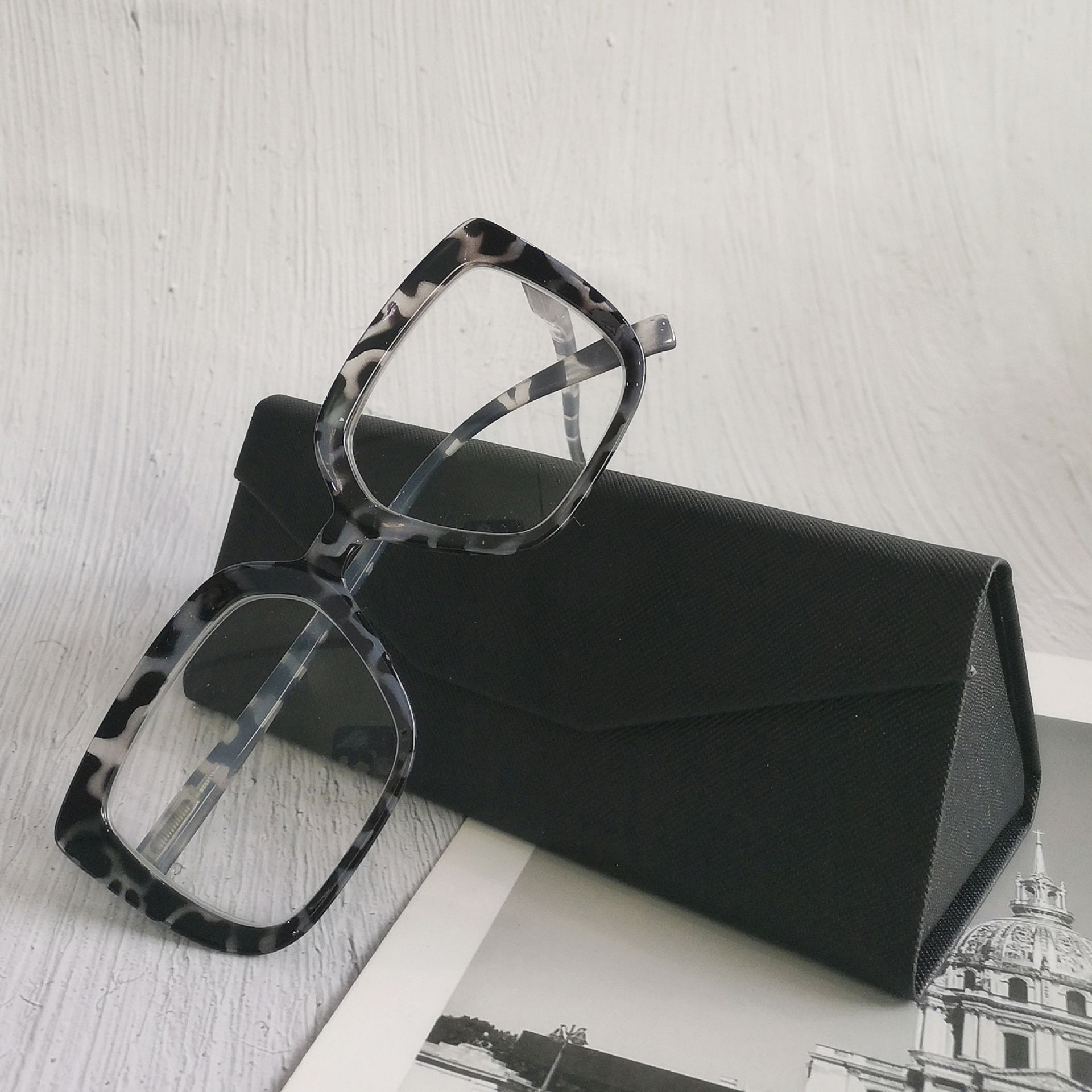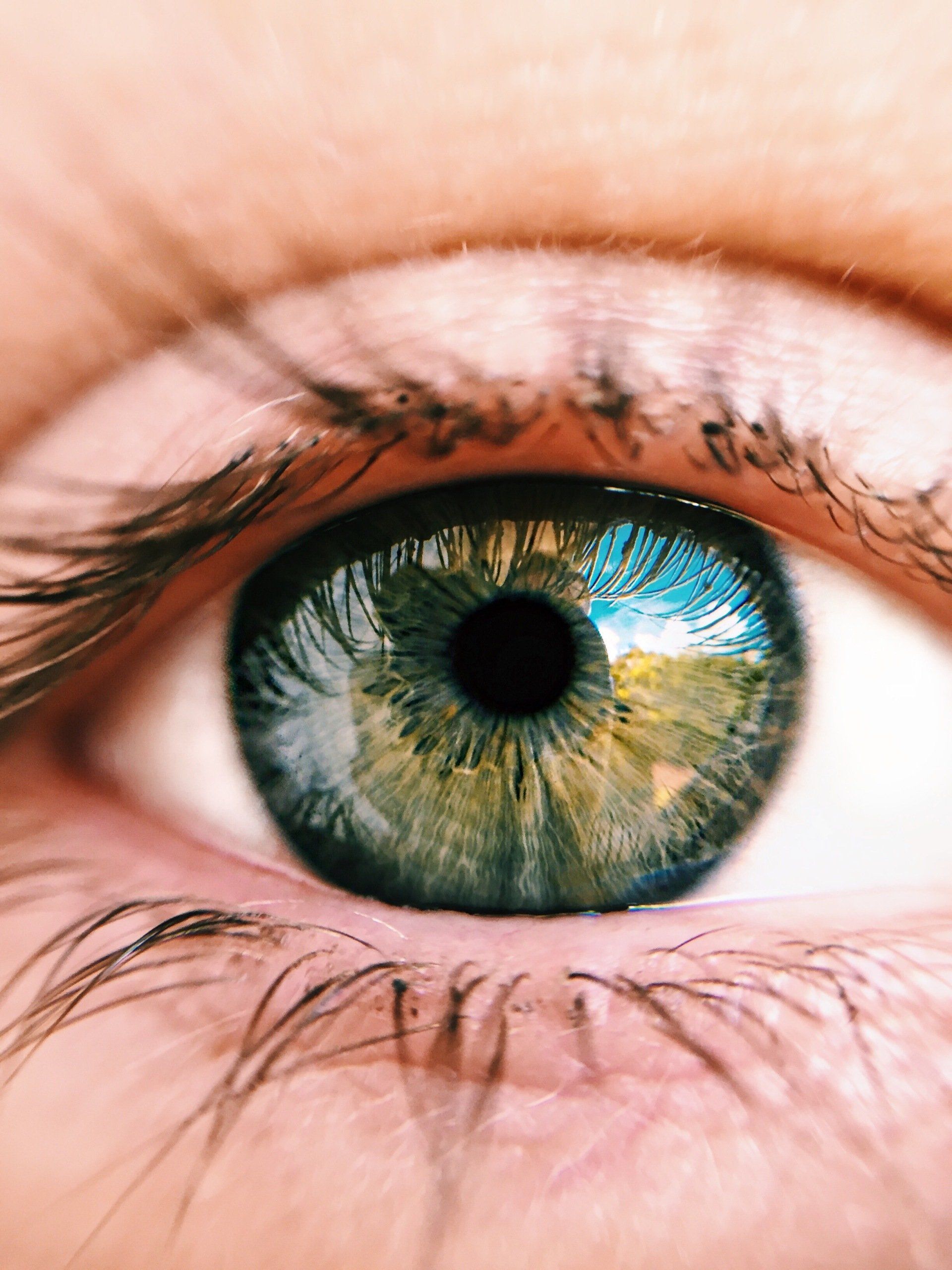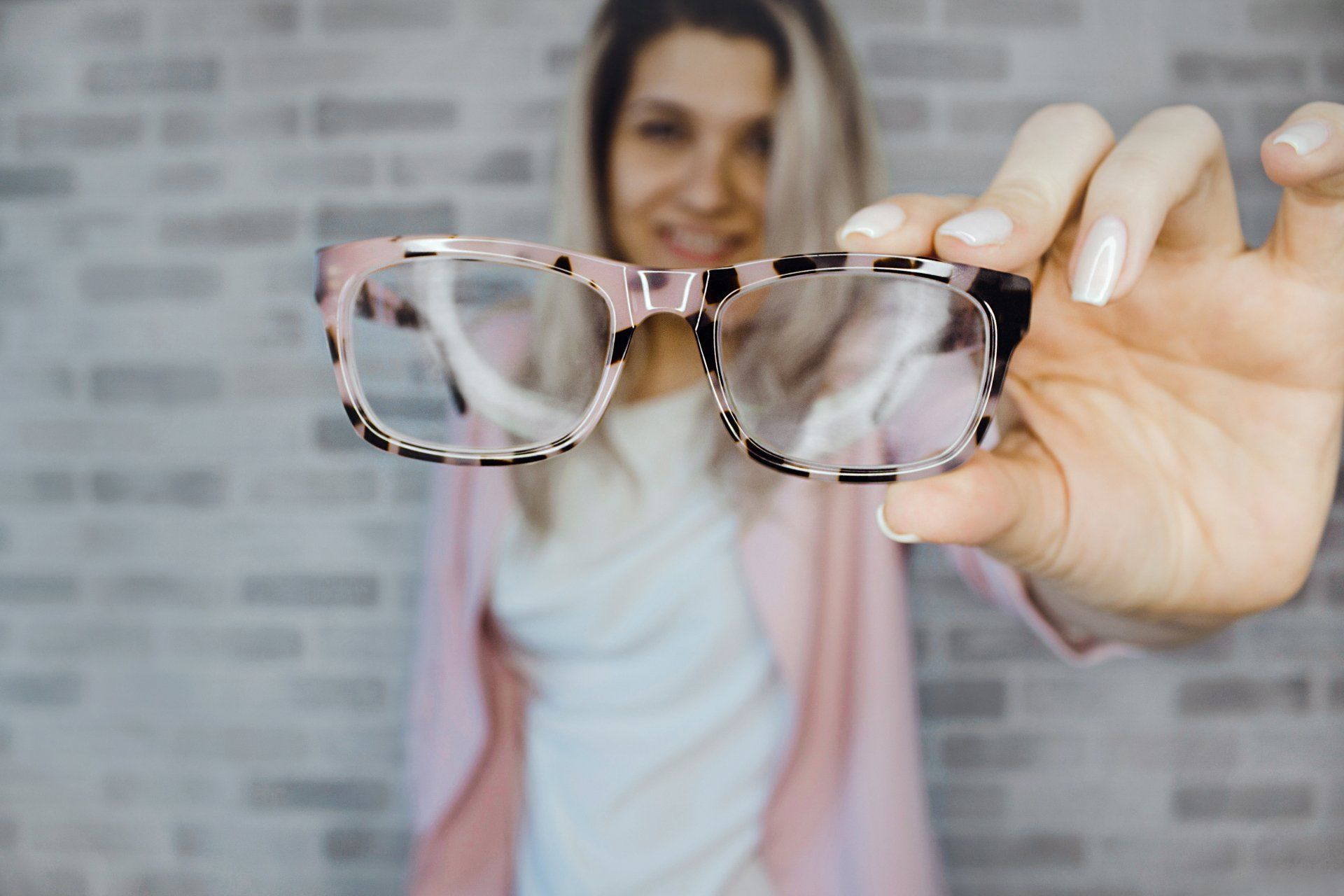MD Stem Cells
The Importance of Regular Eye Exams
There is a saying in medicine that, “Prevention is better than cure.” Attributed to a Dutch philosopher named Desiderius Erasmus in the 1500s, this philosophy informs much of how we approach treatment even today.
Regular eye examinations certainly fall into the purview of this saying. While your standard trip to the optometrist usually has to do with prescription eyeglasses and the occasional injury from backyard roughhousing, the truth is that eye exams can reveal a great deal about your personal health.
Your eyes are marvelously complex, full of blood vessels and nerves, and as such your doctor can glean a great deal of information from them. A thorough examination can spot serious conditions such as diabetes, high blood pressure, and high cholesterol, as well as eye diseases such as glaucoma and macular degeneration. It is important to catch these conditions early before they become severely deleterious to your health.
Beyond these serious issues, the strength of your vision is important to ascertain. Contacts and eyeglass prescriptions should be adjusted over time, and getting your vision checked is the only way to make these assessments.
We’ve established the importance of regular eye exams, so that leaves one important question: How often should I get my eyes checked? Well, assuming that you do not have any symptoms of eye disease nor do you need corrective lenses, doctors make frequency recommendations based on age.
For children it is recommended that they get their eyes checked before entering first grade. Unfortunately, many children with vision problems go undiagnosed well into their school years, causing problems in the classroom. Puberty may also cause vision problems, so it is important to have your child’s vision checked every year or two throughout their schooling.
For adults the recommendations are as follows:
- Ages 20-39: Every five years
- Ages 40-54: Every two to four years
- Ages 55-64: Every one to three years
- Ages 65+: Yearly
If you have vision problems or are at risk for eye disease, you should make an individualized plan with your doctor!
We know that eye exams can feel excessive or even scary, but we here at Chicago Vision Club are here to make the process as comfortable and easy as possible. Give us a call today and schedule an appointment for an eye exam, because prevention is always the best medicine.




















All Rights Reserved | MD Stem Cells
Treatment Locations
Coral Springs, FL
Dubai, UAE
Administrative Office
Westport, CT
Fax:
203-571-1418